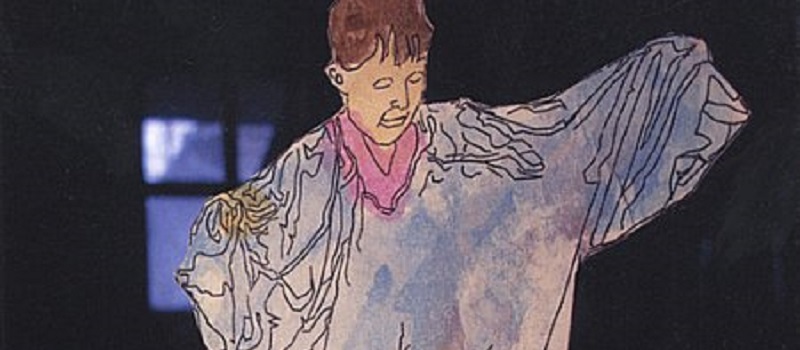The album begins with the click and clack of electronic percussion but, within moments, carefully gives way to humming horns and punctuation from a vibraphone. The percussion, on a full kit and now more pronounced, slinks along, a jazzy shuffle. The mood is somewhere between sleepy and dreamy, that ill-defined middle ground where the world starts feeling fuzzy and then slips away. “How blissful it would be to think only of me,” sings Amanda Spring, her breathy voice floating right in the middle of the mix. This is our introduction.
Point Juncture, Wa. isn’t really a place in the sense that conventional maps or cartographers would have you believe. But if the attributes of the Portland-based quartet that has chosen the moniker as its name were applied to a town, a real speck on the map, it surely would be inviting. Every home on every block would be warmly lighted from within, the winding roads would be clutter-free and every intersection would be carefully plotted. City planners would appear to leave nothing to chance.
Heart to Elk, Point Juncture, Wa.’s third release, is evidence of this modus operandi but, make no mistakes, it’s far from cold or over-calculated. It’s a beautiful and well-produced record, one whose craft is clearly matched by the attention and care it received in the studio. Its 13 songs sometimes lack the requisite hooks to call it pop, but there’s something almost inherently catchy about the material, something that quietly slides it under the surface of your skin to make it feel at home. This is music to remember.
For lack of more precise terms, Heart to Elk sits at the same intersection of pop, rock and jazz once occupied by Eleventh Dream Day. There are moments on the 49-minute disc that pump the blood (the distortion-drenched “Biathalon,” the closing minutes of “Melon Bird”) and there are others that are quiet and contemplative (“Rocks and Sand,” “The Easy Winners”). At one turn, the band is offsetting grungy bass with gentle background cooing (“New Machine”); at the next, it’s placing a gently strummed acoustic guitar front and center alongside interjecting horns (“Kings Part II”). “Viking Mission to Mars” is a pop-rock gem, complete with frenetic refrains. “Stray Bear” veers between the honey-dipped and the adrenaline-pumped. “Sick On Sugar,” with its light-footed guitars and blaring horns, feels like it’s about to soar out of your stereo.
The record ends with another song aided by electronic percussion — “The Easy Winners.” But, here, unlike on the album-opener, the electronic percussion lingers, pockmarking the background as the band builds and rebuilds a song with the solitary notes of an electric guitar, understated bass and Victor Nash’s plaintive vocals. (“It’s better if you don’t, it’s better if you don’t,” he sings, pleading.) The song then buckles under the weight of clattering guitars, roiling drums and carefully timed backing vocals, everything in its right place, more details in yet another song worth remembering. – Delusions of Adequacy, June 8, 2009




